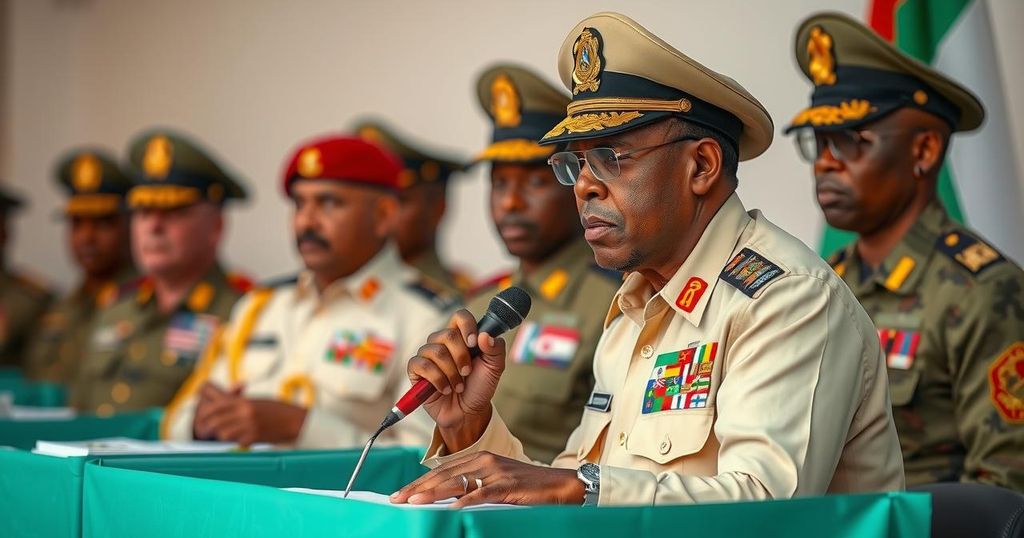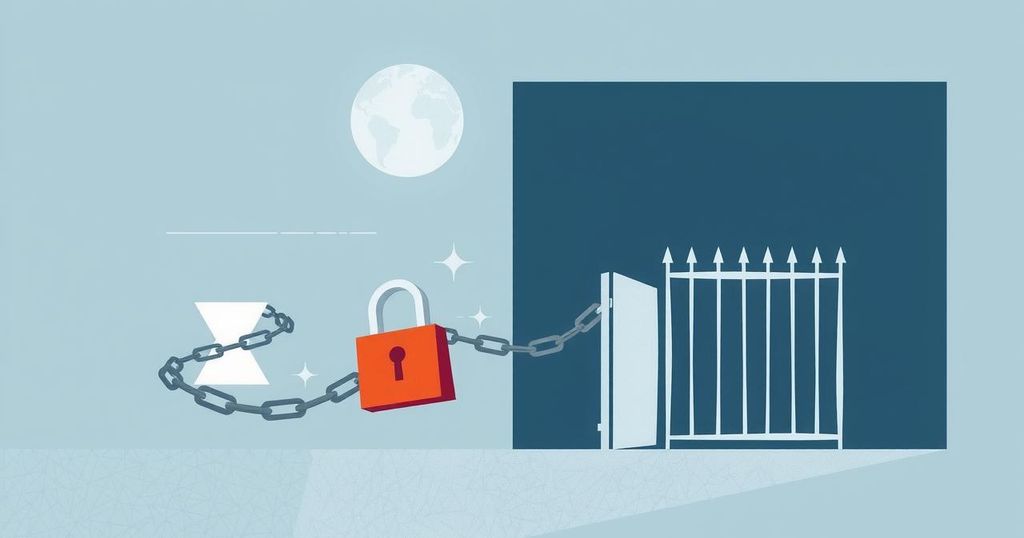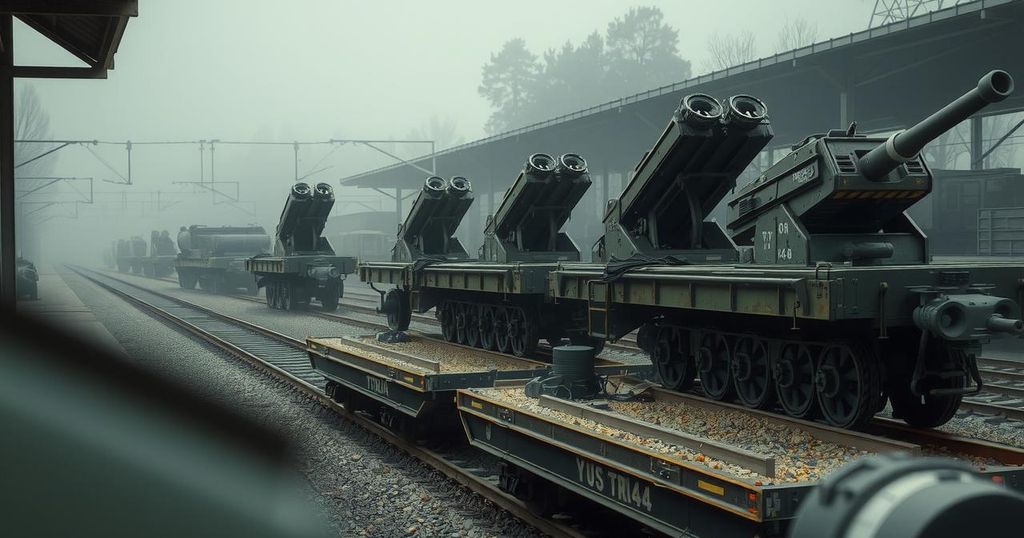Chad Votes in General Election After Three Years of Military Rule
Chad held a general election on Sunday, with turnout at 38%, attributed to opposition-led boycott calls. Opposition leader Succes Masra claimed significant voter apathy, while President Mahamat Idriss Deby urged citizens to participate. Voting faced allegations of fraud and occurred amidst ongoing security challenges from Boko Haram. This election is pivotal in Chad’s transition from military to democratic rule.
Chad conducted its general election on Sunday, a pivotal move according to the government towards dismantling military governance following a three-year rule. Despite official enthusiasm, voter turnout was notably low at 38%, largely attributed to calls for a boycott from opposition groups who alleged that the electoral outcomes were predetermined. Opposition leader Succes Masra claimed that the majority of the populace abstained from voting, stating, “They have all stayed at home following our call, that is, the overwhelming majority.”
Candidates associated with the ruling party, led by President Mahamat Idriss Deby Itno, seemed poised to dominate the elections, following a controversial presidential election earlier this year, which opposition figures criticized as illegitimate. President Deby, eager to dispel doubts, urged citizens to vote, describing the day as historic. Local voters expressed disillusionment about the election process, with one participant deeming the voting unnecessary due to a perceived lack of genuine electoral integrity in the nation.
Polling logistics accounted for military and nomadic votes on Saturday, which accounted for notably higher turnout rates. Observers noted significant stakes in local representation, as nomads sought improved living conditions amid the impacts of climate change on their livelihoods. Additionally, concerns around potential electoral fraud emerged, with opposition parties reporting missing ballots.
The election unfolds amidst ongoing security challenges posed by Boko Haram in the region and growing tensions concerning foreign relations with France. The government frames these elections as crucial for a democratic transition following decades of authoritarian rule under the previous administration, which ended with the death of President Deby’s father in 2021.
Chad has experienced significant political turbulence, particularly after the military coup that led to Mahamat Idriss Deby Itno taking power in 2021 following the death of his father, who ruled for thirty years. The current elections are characterized by opposition parties promoting a boycott, perceiving the process as unjust and predetermined. The government, however, advocates for these elections as a means of progressing towards democratic governance in Chad. The sociopolitical landscape is also compounded by security issues presented by extremist groups and economic hardships affecting the population.
In conclusion, the general elections in Chad signify a critical but contentious step towards democracy. While the government claims progress, opposition boycotts and reports of electoral fraud highlight deep-rooted issues and skepticism within the electorate. As Chad navigates its future, the effects of military governance, public discontent, and external pressures continue to shape its political trajectory. The outcome of these elections may determine the extent to which Chad can transition to a more inclusive and representative governance structure.
Original Source: www.khq.com




Post Comment